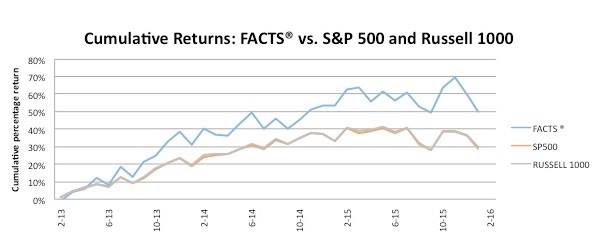
It’s Week #26 of 2016. This latest article is part of a series drawn from our 3rd annual 2016 Trust Poster….now hanging in hundreds of offices around the world. Get yours today!
52 Ideas That You Can Implement to Build Trust
Bart Alexander offers this week’s advice. Bart is both a Top Thought Leader in Trust and a member of our Trust Alliance.
Assume good intentions.
I once worked for a leader whose adage was: “Screw me once, shame on you, screw me twice, shame on me.” But do we always know when we’re getting screwed?
We often presume we know the intentions of our co-workers, competitors, advocacy groups, customers, clients, not to mention or friends and family. Their actions and words both speak loudly to us.
So, how should we react to a rude comment, a put-down in an email, that looking down while I’m speaking to you, or that project that messes up everything I’ve been working on? Don’t these behaviors signal bad intentions?
We react to other’s actions and words based on our own background and experiences. But no other person on earth is just like us. That ‘rude” comment may reflect the straight talk expected in another culture. The “put-down” may have come from an analytical thinker who was presenting “just the facts.” Those averted eyes may be a sign of respect. That project may have been launched without realizing its impact on your work.
Trust depends on honest and authentic conversation, but sometimes we need to put aside our own cultural or style biases and assume good intentions. We can react to our perceived insult or slight by being open and curious — “What did you mean by that?” — shared without anger or judgement.
This approach shines in negotiations. When we’re open and curious, ask questions and listen, we learn not only the other’s position, but why they hold that position. Mediators call this moving from position based bargaining — win or lose — to interest based negotiation — finding common interests and win-win solutions.
Of course, sometimes there are intentions and resulting actions that are, indeed, unethical or even evil. That’s when my old bosses’ advice to watch your back may be necessary.
Barbara Brooks Kimmel is the CEO and Cofounder of Trust Across America-Trust Around the World whose mission is to help organizations build trust. Now in its seventh year, the program’s proprietary FACTS® Framework ranks and measures the trustworthiness of over 2000 US public companies on five quantitative indicators of trustworthy business behavior. Barbara is also the editor of the award winning TRUST INC. book series and the Executive Editor of TRUST! Magazine.
Copyright 2016, Next Decade, Inc.



Recent Comments